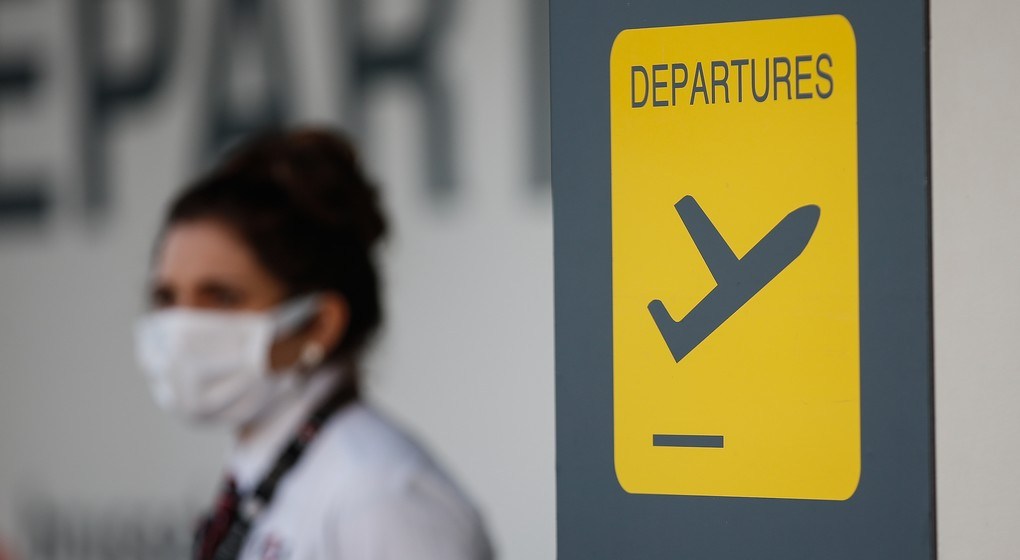Currently, an average of 1,200 people a day come back to Belgium from a red zone despite the ban on non-essential travel, according to figures presented by health officials during a press conference on Friday.
Since 1 August, the authorities have received a total of 852,000 Passenger Locator Forms, of which 32,000 from people who returned from a red zone, according to Karine Moykens, Chair of the Inter-Federal Testing and Tracing Committee.
"Travellers returning from a red zone can go to a test centre when they receive an activation code by text message," Moykens said, adding that the list of test centres can be found on info-corona.be and corona-tracing.be.
The risk analysis regularly yields new results, meaning that red zones can change often. In theory, it is not allowed to travel to red zones for non-essential reasons, and it is mandatory to quarantine and be tested upon arrival in Belgium.
If the authorities have not received a test result 48 hours after your return to Belgium, you will receive a phone call from a tracing centre.
Related News
- Only half of Belgians returning from red travel zones get tested
- Travellers who skip mandatory Covid-19 test face punishment
- Belgium's Security Council: 'Return to normal not yet possible'
"I want to call on all people who receive such a text message to get tested immediately," says Moykens, adding that consulting your GP is not necessary when you already have a text message.
Now, the contact detection system works better thanks to some modifications, reports Moykens. 98.5% of infected patients were reached by telephone, based on data from 19 August, which goes back one month. Additionally, field agents made 6,922 home visits, half of which then resulted in reported contacts.
"We are reaching the people now, but some are still reluctant to share their contacts," Moykens said, emphasising that the employees "are extremely discreet" with the collected contact details and that "they can never be used to sanction."
"If the high-risk people cannot be tested, and cannot be contacted, the risk and the virus continue to circulate," she added.
Maïthé Chini
The Brussels Times

